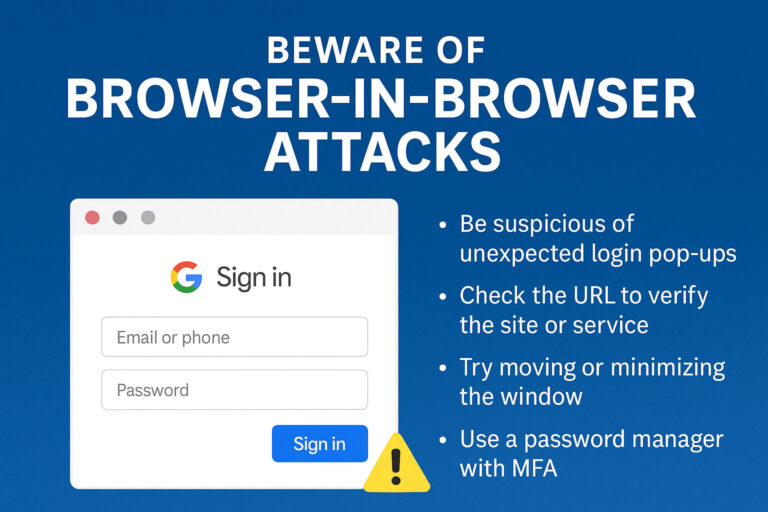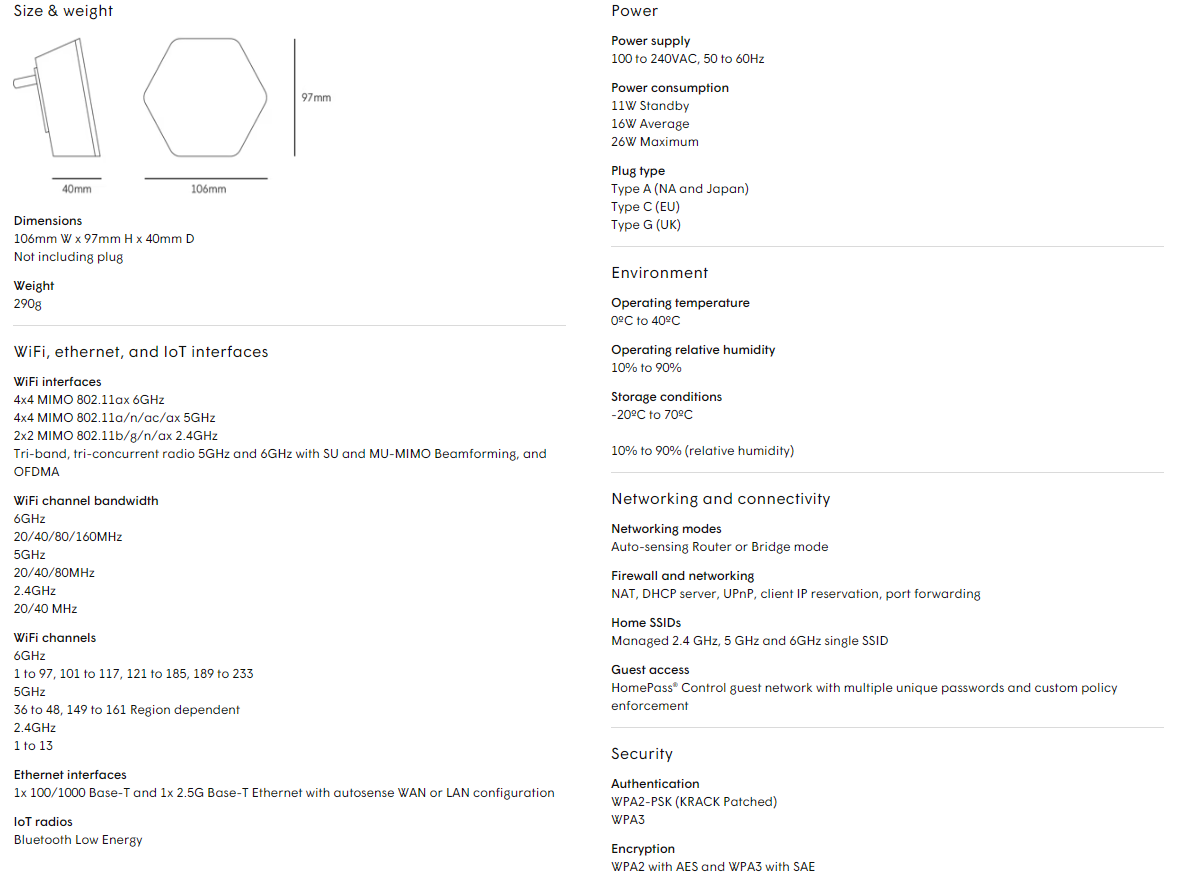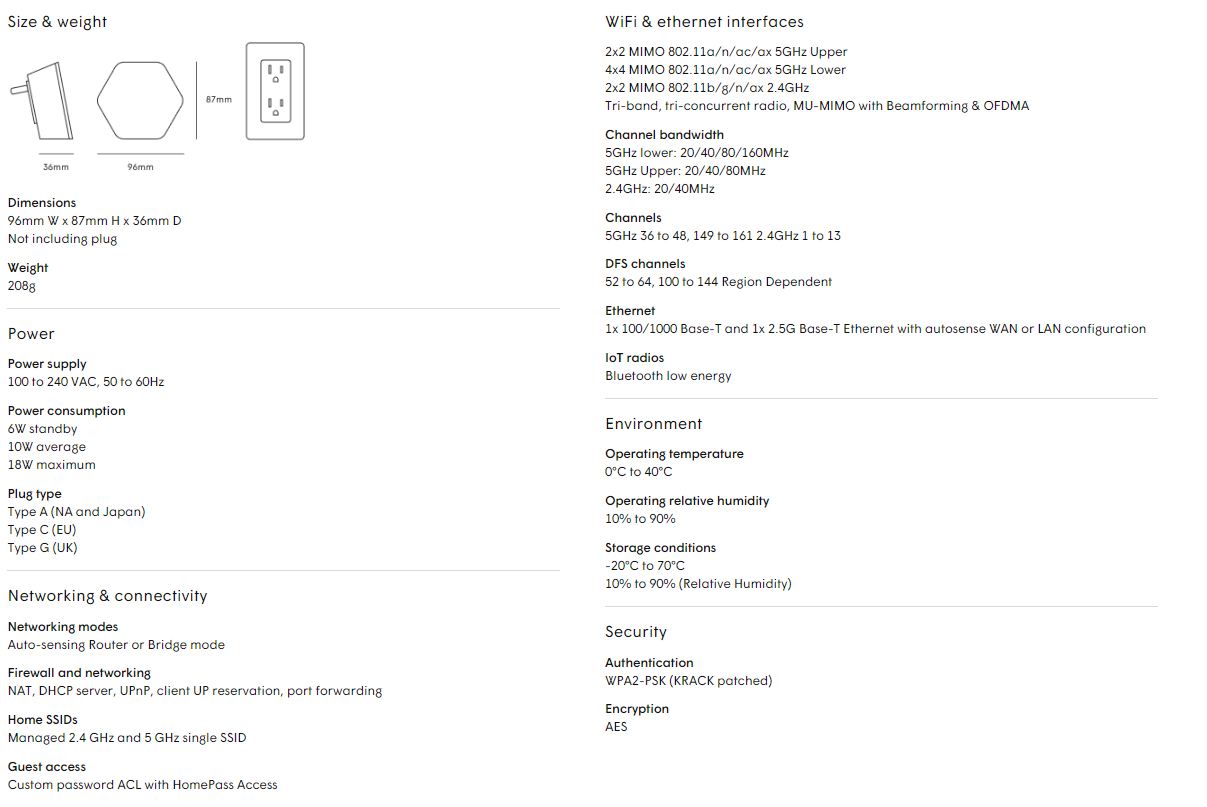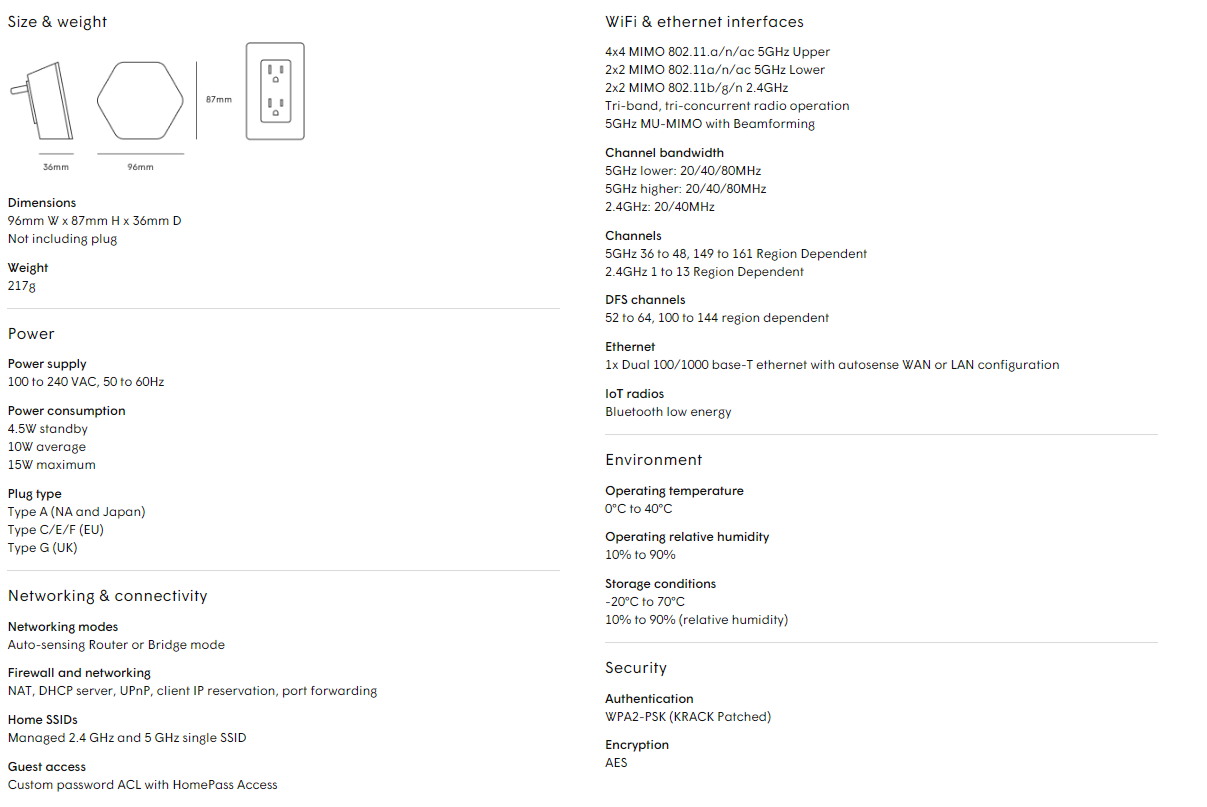In the vast landscape of the internet, myths and misconceptions often abound, shaping our perceptions and influencing our online behaviors. At Citynet, we’re committed to demystifying the digital realm and empowering our users with accurate information to navigate the online landscape confidently. Join us as we delve into five common internet scenarios, separating fact from fiction to uncover the truth behind each one.
Incognito Mode Guarantees Complete Privacy & Security Myth or Fact?
Myth: While incognito mode can prevent your browsing history from being stored locally on your device, it does not offer complete anonymity. Your internet service provider (ISP), employer, or the websites you visit can still track your online activity. Additionally, the incognito mode does not protect against malware or prevent websites from collecting other forms of data, such as cookies.
You Can Get a Virus from Opening an Email Myth or Fact?
Fact: Opening an email itself typically won’t infect your device with a virus. However, clicking on malicious links or downloading attachments from suspicious emails can introduce malware into your system. It’s essential to exercise caution and avoid interacting with unfamiliar or unsolicited emails.
Leaving Your Wi-Fi Network Unsecured Invites Hackers Myth or Fact?
Fact: An unsecured Wi-Fi network leaves you vulnerable to various cyber threats, including unauthorized access to your personal data, interception of sensitive information, and even the hijacking of your internet connection for illicit activities. Always secure your Wi-Fi network with a strong password and encryption to protect yourself and your devices.
Clearing Your Browser Cookies Boosts Internet Speed Myth or Fact?
Myth: Clearing your browser cookies may temporarily improve browser performance by reducing clutter, but it won’t directly impact your internet speed. Cookies are small text files used by websites to store user preferences and login information, and deleting them won’t affect your internet connection speed.
Using Public Wi-Fi Without a VPN Puts Your Data at Risk Myth or Fact?
Fact: Public Wi-Fi networks, such as those in cafes, airports, and hotels, are often insecure, making them prime targets for hackers seeking to intercept data transmitted over these networks. Without encryption, your sensitive information, including passwords and financial details, can be easily intercepted. Using a Virtual Private Network (VPN) adds an extra layer of security by encrypting your internet connection, safeguarding your data from prying eyes.
Navigating the internet requires a discerning eye and a healthy dose of skepticism. By debunking common myths and understanding the realities of online threats, you can better protect yourself and your digital assets. Stay informed, stay vigilant, and trust Citynet to provide you with the tools and knowledge to navigate our digital world safely.
Contact Citynet about ongoing security awareness training from industry leader KnowBe4. For less than the price of a cup of coffee per employee per month, you can arm your team with critical knowledge and build a security-aware atmosphere.








